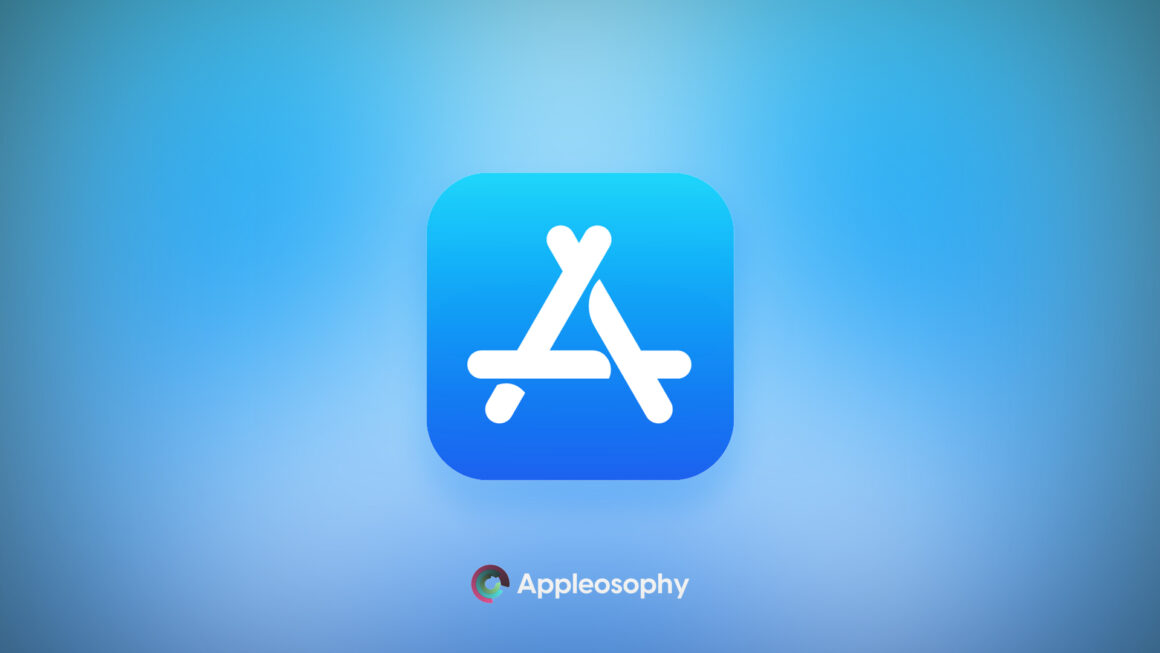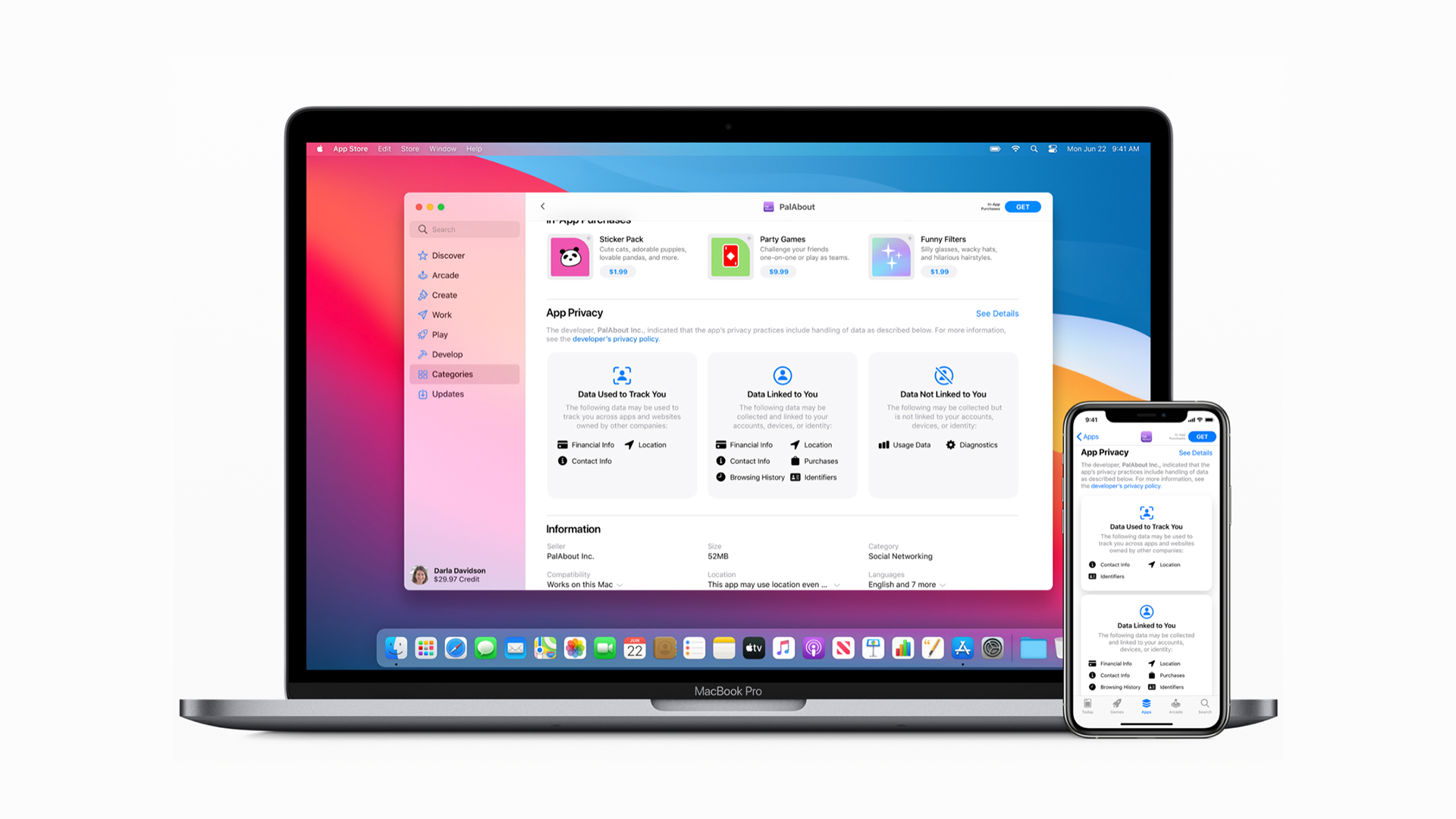According to a new post on the Apple Developer site, developers will be required to provide app privacy information on the App Store starting on December 8th. These come in the form of “nutrition labels” that highlight privacy practices of individual applications.
During the virtual World-Wide Developers Conference in June, Apple introduced a slew of new privacy features aimed at providing customers more information on how their data is collected, stored, and used in certain apps. Apple is forcing developers to comply with this policy by introducing so-called App Store “nutrition labels.”
These labels offer users insight into how and what information is collected, stored, and used. Additionally, App developers are also required to disclose why that particular information is collected and must link their privacy policies. This affects both the App Store on iOS 14 and macOS Big Sur.
“Later this year, the App Store will help users understand an app’s privacy practices before they download the app on any Apple platform. On each app’s product page, users can learn about some of the data types the app may collect, and whether that data is linked to them or used to track them. You’ll need to provide information about your app’s privacy practices, including the practices of third-party partners whose code you integrate into your app, in App Store Connect. This information will be required to submit new apps and app updates to the App Store starting December 8, 2020,” says Apple.
Apple also provided some guidance on what developers can use when creating their labels:
- You’ll need to know the types of data that you and/or your third-party partners collect from your app before answering the questions in App Store Connect.
- “Collect” refers to transmitting data off the device in a way that allows you and/or your third-party partners to access it for a period longer than what is necessary to service the transmitted request in real time.
- “Third-party partners” refers to analytics tools, advertising networks, third-party SDKs, or other external vendors whose code you’ve added to your app.
Apple then offers additional guidance that are optional to disclose:
- The data is not used for tracking purposes, meaning the data is not linked with Third-Party Data for advertising or advertising measurement purposes, or shared with a data broker. For details, see the Tracking section.
- The data is not used for Third-Party Advertising, your Advertising or Marketing purposes, or for Other Purposes, as those terms are defined in the Tracking section.
- Collection of the data occurs only in infrequent cases that are not part of your app’s primary functionality, and which are optional for the user.
- The data is provided by the user in your app’s interface, it is clear to the user what data is collected, the user’s name or account name is prominently displayed in the submission form alongside the other data elements being submitted, and the user affirmatively chooses to provide the data for collection each time.
“If a data type collected by your app meets some, but not all, of the above criteria, it must be disclosed in App Store Connect,” says Apple.
You can read the full App Store Developer guidance here.









